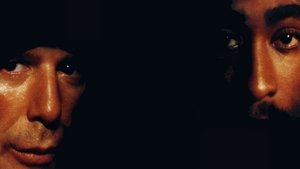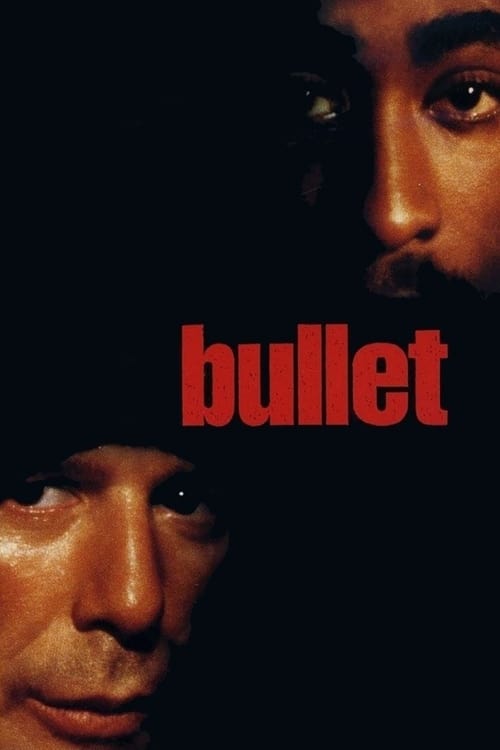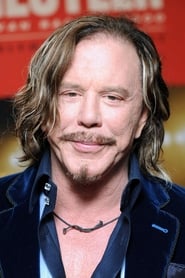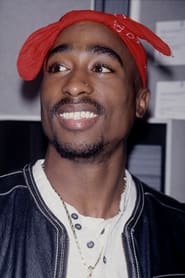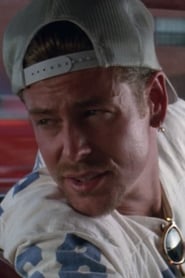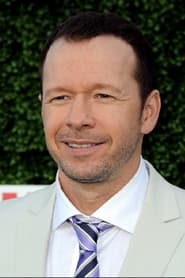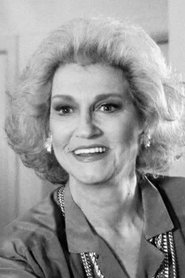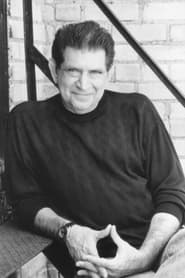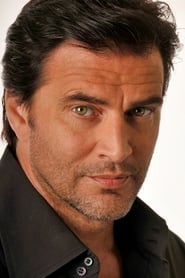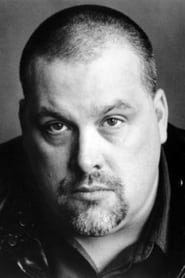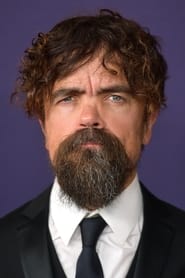Cast
View AllMickey Rourke
as Butch 'Bullet' Stein
Tupac Shakur
as Tank
Adrien Brody
as Ruby Stein
Ted Levine
as Louis Stein
Matthew Powers
as Paddy
Donnie Wahlberg
as Big Balls
Suzanne Shepherd
as Cookie Stein
Jerry Grayson
as Sol Stein
Manny Perez
as Flaco
John Enos III
as Lester
Frank Senger
as Prison Guard
Michael Kenneth Williams
as High Top
Stretch
as Dallas
Peter Dinklage
as Building Manager
Jermaine Hopkins
as Pudgy
Crew
Director
- Julien Temple
Writer
- Mickey Rourke
- Bruce Rubenstein
Producer
- John Flock
Reviews
tmdb28039023
Bullet is a shot in the dark; a stray bullet that almost hits its mark. Almost. It's hard to screw up a film with Mickey Rourke, Tupac Shakur, Adrien Brody, and Ted Levine – hard, but not impossible. One of the most disappointing aspects of Bullet is that Shakur, the rare musician with a truly solid screen presence, only appears in a handful of scenes – which is still more than enough for him to steal the movie –, and only shares a couple of them with Rourke. One can only wonder if his death that same year had something to do with this.
Butch 'Bullet' Stein (Rourke) is out on parole after serving an eight-year sentence. On his first day out, Bullet stabs Flaco (Manny Perez), who works for drug dealer Tank (Shakur), in the eye. Apparently, stabbing people in the eye is Bullet's trademark, and Tank is one of his previous victims. So why is his nickname Bullet, then? And why does Tank wear an eye patch? Under it, he either has a glass eye, or a glassy eye, but an eye nonetheless.
It’s symptomatic of this script, in which Rourke had a hand, that the consequences fall very short of the magnitude of the actions that provoke them. In addition to Tank's eye, we have Butch's younger brother Ruby’s (Brody) hand. Ruby is an aspiring graffiti artist whose “drawing hand” is impaled with a knife, for which Butch is indirectly to blame.
This incident not only does not result in friction between the brothers, but it doesn’t prevent Ruby from painting a huge mural of his hand with a blade going through it, of all things. Basically, this event belongs in a first draft, not in the finished movie.
All things considered, I have mixed feelings about this film. Tupac is easily the best thing in it; when he's not there we expect him to show up, and when he shows up, all eyes are on him (you’ll excuse the obvious reference). The filmmakers should have given us a lot more of Shakur, or a lot less.
Rourke, on the other hand, gives a deliberately lethargic and morose performance, befitting the unmotivated Butch – who is only jolted out of his drug-induced stupor to commit petty crimes to get money to buy more drugs –, and in keeping with the scattered, disjointed, and episodic nature of much of the film. The highlight of Rourke's performance is a great scene in which Butch warns two young men he mugged earlier in the story of the dangers of ending up like him.
This Butch material, which could have been the American answer to Trainspotting, is set against the more straightforward Tank subplot, so that we are left with two different stories running perpendicular, rather than parallel, to each other, and when they intersect is more of a train wreck than a junction.
Sep 10, 2022
Thematic Analysis
As a dramatic work, Bullet examines complex human relationships and emotional struggles against the backdrop of a period setting that reflects societal issues of its time. The character development particularly stands out, offering viewers a chance to reflect on their own life journeys.
Director Julien Temple brings their distinctive visual style to this film, continuing their exploration of themes seen in their previous works while adding new elements. Their approach to character development and emotional depth creates a viewing experience that rewards close attention.
Released in 1996, the film exists within a cultural context that now offers viewers historical perspective on the social issues of that era. Its reception demonstrates the diverse reactions to its artistic choices and its place in cinema history.
Did You Know?
- The production of Bullet took approximately 3 months from pre-production to final cut.
- The final cut of the film runs for 100 minutes, though the director's initial assembly was reportedly 129 minutes long.
- Some visual effects sequences took up to 10 months to complete.
- The cast underwent specialized training for 5 weeks before filming began.
- The musical score contains over 62 unique compositions.
Historical Context
- In 1996, when this film was released:
- The end of the Cold War was reshaping global politics.
- Globalization was accelerating economic and cultural exchange.
- Independent cinema was growing in influence, challenging the dominance of major studios.
How This Film Stands Out
While Bullet shares thematic elements with other films in its genre, it distinguishes itself through its unique approach to storytelling, visual style, and character development.
Unlike Serenity, which focuses more on action than character development, Bullet subverts genre expectations by exploring its themes with greater nuance.
While films like Hot Rod and Rollin' with the Nines explore similar territory, Bullet stands apart through its deeper exploration of its central themes and more complex characterization.
This film's unique contribution to cinema lies in its thoughtful balance of entertainment value and thematic depth, making it a valuable addition to its genre.
Details
- Release Date: March 1, 1996
- Runtime: 1h 40m
